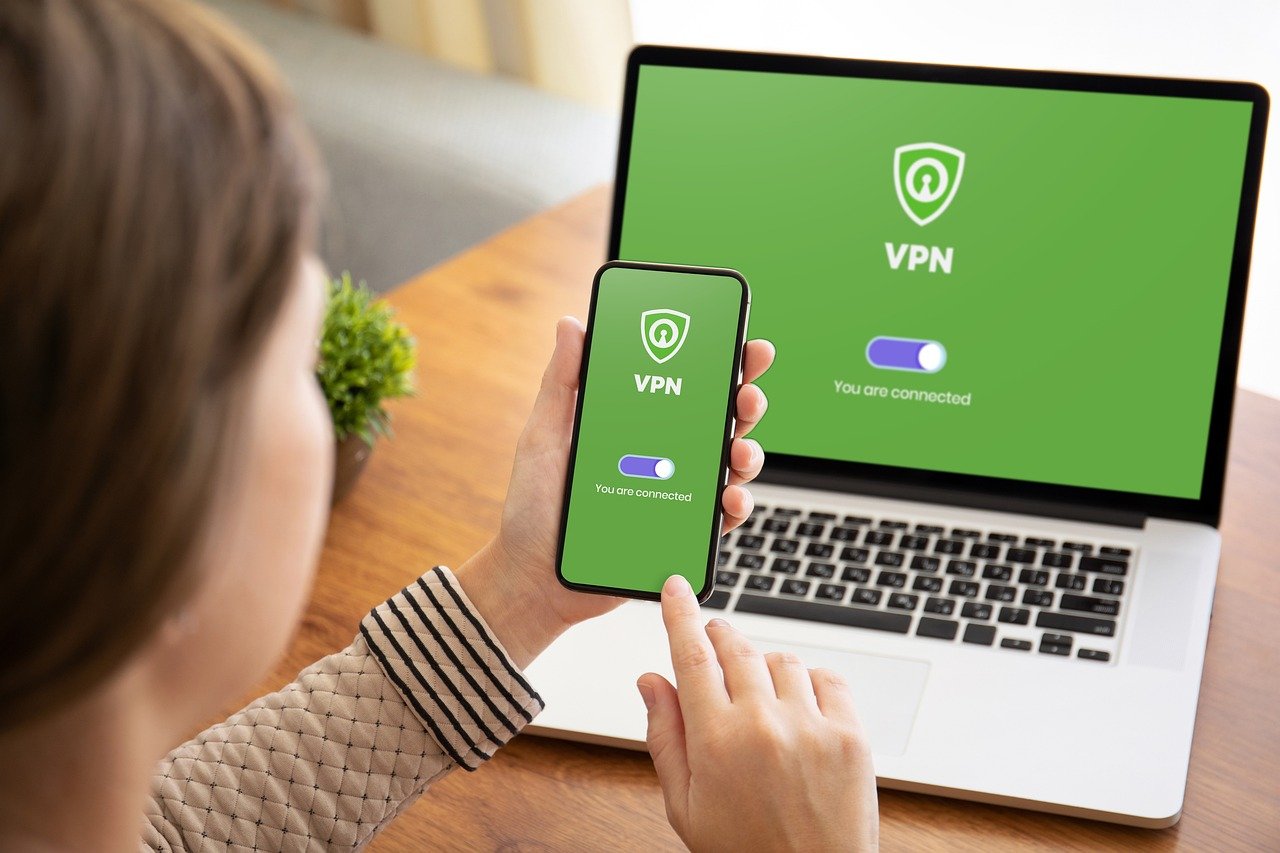
In an age where data is currency and online tracking is relentless, more Canadians are taking matters into their own hands—by using Virtual Private Networks (VPNs) to protect their digital lives.
VPN usage in Canada has experienced a sharp upswing over the past few years. With data breaches, digital surveillance, and targeted advertising becoming everyday concerns, Canadians are increasingly aware of their digital footprints. According to recent surveys, nearly one in four Canadian internet users now regularly use a VPN service.
This trend spans across all age groups but is most prominent among millennials and Gen Z, who are more digitally native and privacy-conscious. Notably, provinces with larger urban populations—Ontario, Quebec, and British Columbia—have seen the fastest adoption rates.
Unlike some countries, Canada does not mandate ISPs to retain data, but it also lacks comprehensive federal privacy protections comparable to the EU’s GDPR. This grey area in policy fuels uncertainty—and VPNs offer a sense of control. Many small businesses, journalists, and healthcare professionals report relying on VPNs for day-to-day operations to ensure confidentiality.
Despite their rising popularity, VPNs aren’t a silver bullet. Some users mistakenly believe a VPN makes them completely anonymous. In reality, while VPNs hide your IP address and encrypt your data, the services themselves could still track activity unless you choose a provider with a strict no-log policy. There are also legal nuances, especially when it comes to circumventing geo-restrictions on content.
The trend shows no signs of slowing. As smart homes, wearable tech, and digital ID initiatives become mainstream, Canadians are expected to seek stronger digital defenses. Cybersecurity experts recommend combining VPNs with two-factor authentication, secure browsers, and privacy-friendly search engines for a comprehensive approach.
With data becoming the new oil, Canadians are learning to build their own firewalls—both literally and figuratively. And in this quiet digital revolution, the VPN is emerging as a symbol of personal agency.
Note: VPN usage is legal in Canada, but the responsibility to use it ethically and within the bounds of the law falls on the user.